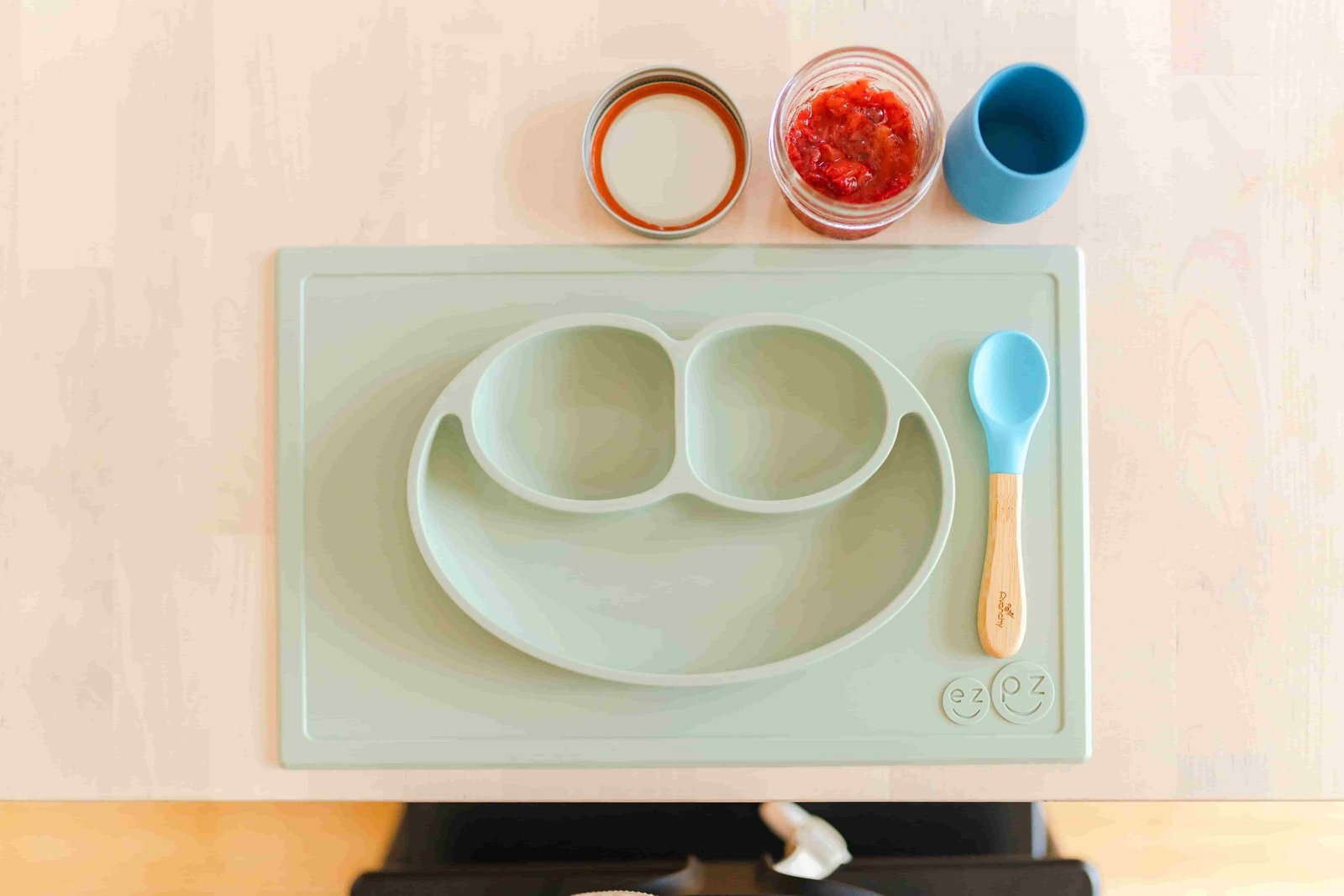As your baby grows, so does their appetite. After six months of exclusively breastfeeding or formula-feeding, it’s time to start introducing solid foods. This process is called weaning, and it can be a challenging and confusing time for both you and your baby. In this article, we’ll provide you with weaning tips to make the transition from liquids to solids as smooth as possible.
Why is Weaning Important?
Weaning is an important milestone in your baby’s development. It helps them get used to new tastes and textures, and it also introduces them to a wider range of nutrients that are essential for their growth and development. Additionally, weaning helps your baby learn how to chew and swallow, which is an important skill for speech development.
Weaning Tips for a Smooth Transition:
- Start Slowly: Begin by introducing your baby to small amounts of pureed food, like mashed bananas or avocados. Don’t overwhelm them with too many new foods at once, as it can be overwhelming for them and cause them to reject solid foods altogether.
- Keep Breastmilk or Formula as the Primary Source of Nutrition: While your baby is still getting used to solid foods, breastmilk or formula should remain their primary source of nutrition. You can offer solid foods once a day to start and gradually increase the frequency as your baby gets more comfortable.
- Offer a Variety of Foods: Introduce your baby to a wide range of tastes and textures, including fruits, vegetables, grains, and proteins. This will help them develop a more diverse palate and ensure they’re getting all the nutrients they need.
- Let Your Baby Lead: Pay attention to your baby’s cues and let them lead the way. If they’re not interested in a particular food, don’t force them to eat it. Instead, try again another day or offer a different food.
- Be Patient: Weaning can take time, and every baby is different. Some babies may take to solid foods quickly, while others may need more time to adjust. Don’t get discouraged if your baby doesn’t immediately take to solid foods – keep offering them and be patient.
Real Evidence:
Research has shown that introducing solid foods between four and six months of age can help prevent food allergies and intolerances later in life. According to the American Academy of Pediatrics, delaying the introduction of certain foods, such as peanuts and eggs, may actually increase the risk of allergies. By introducing a variety of foods early on, you can help your baby develop a diverse palate and reduce their risk of food allergies.
Weaning can be a challenging time for both you and your baby, but with these tips, you can make the process smoother and more enjoyable for everyone involved. Remember to start slowly, offer a variety of foods, and be patient. And most importantly, enjoy this exciting milestone in your baby’s development.








